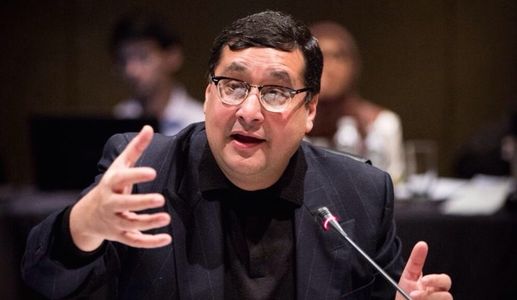Najam Interviewed on Funding for Climate Adaptation
Adil Najam, Dean of the Frederick S. Pardee School of Global Studies at Boston University, was recently interviewed on why climate adaptation efforts must be seen as an investment — and why past funding mechanisms have failed.
Najam was interviewed for a July 9, 2018 article by Devex entitled “Funding For Climate Adaptation Is ‘The Lie We Keep Living.’”
From the text of the interview:
Global climate agreements are focused on mitigation. Where do we stand now on financing for adaptation — do you see any promising moves?
No promising moves. And I haven’t seen any promising moves for 30 years. I think this is one of those lies that we [the climate community] keep living — we keep creating funds that are never distributed. It’s the ultimate triumph of hope over experience. Because we want so desperately to believe something will happen. And yet each time the story is the same: The fund gets created, it doesn’t get filled, it doesn’t get distributed.
Now, as [someone from a] developing country, frankly I don’t lose sleep over this. Because I’ve learned my lesson now — I do not have any expectations of anything major happening, either on mitigation or adaptation.
Adaptation is very, very clear — I’ve been saying this now for more than a decade and I certainly believe this: Climate change will be paid for by the poor. Not just the poorest countries, but the poorest people. There is no getting out of this.
There isn’t enough money, not only in the climate world, but in the whole aid world, to deal with the type of impacts we are looking at. Even within poor countries, the government will do one level of adaptation but the actual adaptation, the actual cost of adaptation, will be [paid for by] a sheep farmer in Bangladesh who will lose his livelihood, move to the city, start doing something else. A farmer who will no longer be able to subsist — that will be the cost of adaptation.
Adil Najam is the inaugural dean of the Pardee School and a professor of international relations and also of earth and environment at Boston University. He was a co-author for the Third and Fourth Assessments of the Intergovernmental Panel on Climate Change (IPCC); work for which the IPCC was awarded the 2007 Nobel Prize for advancing the public understanding of climate change science.
